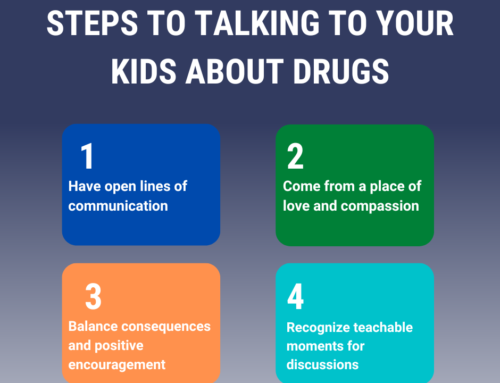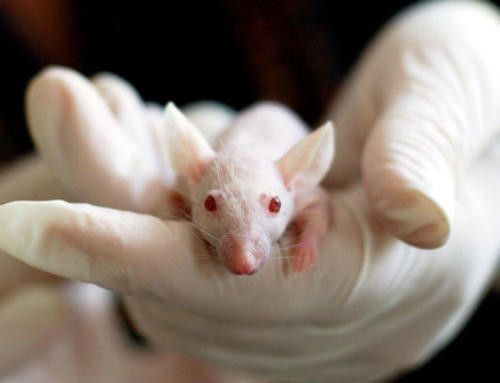In 2016, The CDC said that 42,000 people were killed by prescription opioids, fentanyl, and heroin which is more than any year. On October 26, 2017, President Trump declared the opioid crisis as a public health emergency. President Trump has come up with plans at the last Opioid Summit to bring further educational awareness to opioids and expanding treatment options.
On October 28, 2017 was Take Back Day where 456 tons of expired and unneeded prescription drugs were collected with the next one being on April 28. The Department of Veteran Affairs will publicly post information on opioids that are from the Veteran Affairs pharmacies and strategies for prescribing pain medications appropriately. The FDA is seeking new ways for appropriate prescribing practices. The President proposed a $3 billion budget of new funding for 2018 and $10 billion new funding for 2019 for the Department of Health and Human Services to combat the opioid epidemic. The Substance Abuse and Mental Health Service Administration was awarded $485 million to State Targeted Response grants to help states, territories, and jurisdictions expand prevention, treatment, and recovery support services.
The Centers for Medicare and Medicaid Services will be more flexible in their demonstration projects that include coverage of inpatient or residential addiction treatment programs where Medicaid is not covered. The CDC also funded Prescription Drug Overdose: Prevention for States grants that provide state health departments with resources and support to advance interventions to further prevent opioid overdoses. The Health Resources and Services Administration plans to expand their access to substance abuse treatment services through primary care providers in underserved communities. The Department of Justice launched a health care fraud crackdown that charged more than four hundred defendants for their role in prescribing and distributing opioids and other narcotics.
Attorney General Sessions announced the creation of the Prescription Interdiction and Litigation Task Force will target opioid manufacturers and distributors that have contributed to the opioid epidemic. There is also the Joint Criminal Opioid Darknet Enforcement Team to help law enforcement disrupt the online sales of illicit opioid drugs. The FDA also approved buprenorphine medication-assisted treatment that requires monthly treatment instead of daily treatment for opioid use disorder. On January 10, 2018, President Trump signed the Interdict Act to detect and ban the supply of synthetic opioids like fentanyl which is illegally imported. These plans are the starting point to stopping the opioid epidemic from spreading.
Located in downtown Midland, The Springboard Center’s mission is to offer programs and services to treat alcohol and drug addiction treatment using an evidence based curriculum, 12 step programs, diet, nutrition, exercise, emotional, mental and spiritual development for a long recovery. For more information, please call us at 432-620-0255 as we are open 24 hours a day, 7 days a week.




